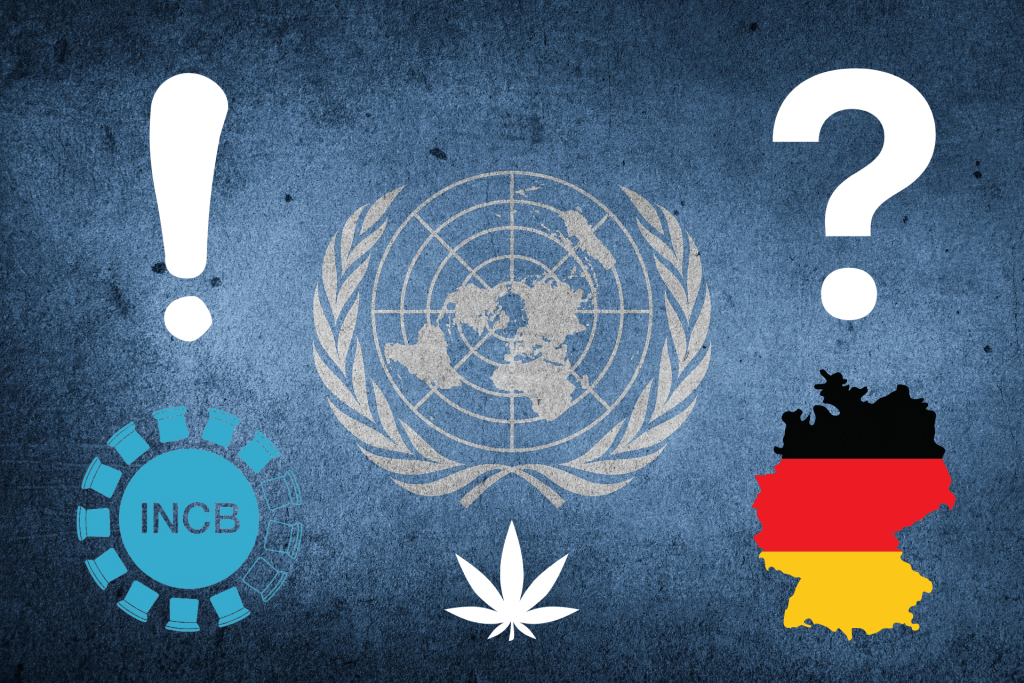In the realm of global cannabis policy, a notable development has unfolded, placing Germany’s cannabis legalization efforts under scrutiny by the International Narcotics Control Board (INCB), a pivotal entity of the United Nations. This recent announcement holds significant implications for cannabis founders and investors, indicating a critical juncture in the ongoing debate between national legislative changes and established international agreements.
The UN’s Stance
The INCB, in its annual report, has explicitly highlighted a discrepancy between Germany’s proposed legalization of cannabis for recreational use and the obligations under the UN Single Convention on Narcotic Drugs of 1961. According to the Convention, the consumption of cannabis is only permissible for medical and scientific purposes. An additional UN Convention from 1988 mandates that cultivation, production, and distribution of the drug for other purposes should be legally prohibited.
Germany’s Response
The German Federal Ministry of Health, in response to inquiries, has stated that the proposed cannabis law has been meticulously coordinated with constitutional departments within the government. Furthermore, the German government asserts ongoing communication with the INCB, suggesting that the legislation, which would regulate personal cultivation for private consumption, is in alignment with international law.
Implications for Cannabis Sector Stakeholders
For entrepreneurs and investors in the cannabis sector, these developments underscore the complex landscape of international drug control and the potential legal challenges that could arise with the liberalization of cannabis laws. While Germany’s approach seeks to navigate these international commitments, the INCB’s position underscores a rigid interpretation of existing treaties, potentially influencing other nations contemplating similar legalization efforts.
Opportunities and Challenges
Despite the INCB’s stance, there is an acknowledgment of the flexibility countries have in decriminalizing possession and consumption by prioritizing support, education, and social reintegration over punitive measures. This nuanced perspective opens avenues for cannabis businesses to engage in markets that are moving towards a more decriminalized and regulated cannabis framework.
For investors, the evolving legal context presents both opportunities and challenges. The potential for market expansion in jurisdictions that align with the German model could result in significant investment prospects. However, the ongoing international dialogue and potential legal hurdles underscore the importance of strategic planning and thorough legal compliance assessments.
Navigating Forward
As Germany’s cannabis legislation progresses, with the final consideration by the Bundesrat imminent, the cannabis industry must closely monitor these developments. The dialogue between national ambitions and international obligations represents a dynamic component of the cannabis business environment, requiring agility and strategic foresight from founders and investors.
While the criticism from medical associations, legal experts, and politicians—alongside concerns from federal states regarding the swift implementation timeline—highlights the contentious nature of this legislation, it also underscores the transformative potential of the cannabis sector in navigating legal, social, and economic frontiers.
In conclusion, the intersection of national legalization efforts and international drug control treaties presents a complex scenario for cannabis entrepreneurs and investors. As the global landscape continues to evolve, staying informed and adaptable will be paramount in leveraging the opportunities and navigating the challenges within this burgeoning sector.








